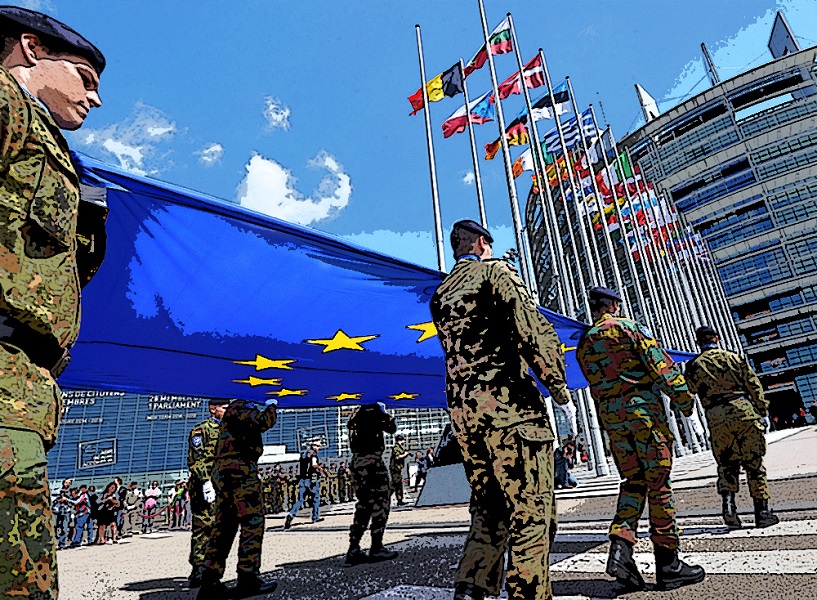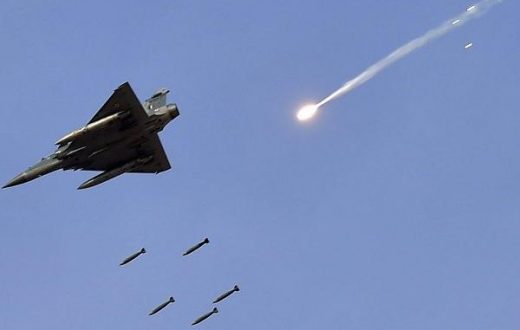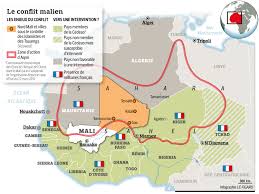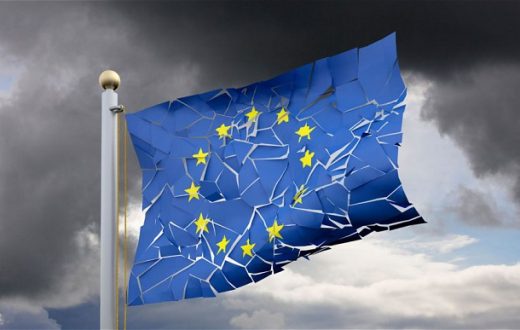Since the very beginning of the European construction, the questions of defense and security have been generally put aside. In 1954 French people decided to follow this path by voting no for the European defense community. More than half a century later, the geopolitical context is far from similar and the European defense remains an issue for European policymakers.

Potentialities and strength
In 2017 the European Union counts 28 countries since the United Kingdom remains in the Union. The simple addition of every military troop allows Europe to dispose of more than 1.4 million soldiers which throws the EU at the same rank as the United States. Besides this much too simple and quantitative observation, out of the 28 EU members, 22 are part of NATO. The article 5 of NATO’s founding treaty, the Washington treaty, establishes the principle of collective defense. This article stipulates that « an attack against one ally is an attack against all Allies ». NATO plays the role of a shield capable of protecting Europe’s borders. In 2017, NATO plans less than 30 military exercises in the Baltic states. To assure European defense, France, and the UK take the lead of the nuclear deterrence. Having a nuclear arsenal gives the EU a much more important role on the international scene.
The role of France has to be emphasized. Even if French military policy is first and foremost nationally oriented, its outcomes are positive for the whole of Europe. Since 2012, less than 4000 French soldiers fight to prevent an Islamist establishment in West and Central Africa. Such an establishment would pose a serious threat to every European nation.
The European Union faces increasing threats and weaknesses
The first weakness is a gap between the governments and the public opinions. On the one hand, governments are reluctant to implement a common defense because they have different strategic orientations and diplomatic views. It has to be said States lost an important part of their sovereignty. However, they have full power on their military structures and are not eager, for the moment, to mutualize their respective armies. On the other hand, according to a recent report published by the European Commission, 80% of European citizens are in favor of a common defense. The same report expresses some signs of progress on this issue. Yet, no major achievements seem reachable on the short or middle run.
As we put the light on the strength of France, we should mention its weaknesses. Indeed, budget constraints seem more and more harmful to French armies, which led to the resignation of the Head of armies in July 2017. In the same way, many European countries face high levels of debt. Investing in their defense is getting more and more complicated. The Brexit should challenge this unstable equilibrium. Even if the non-European UK would never stop paying attention to Europe’s defense, an effective Brexit means that France would pay for one-quarter of the military expenditures in the European Union.
Besides these weaknesses within the European Union, Trump’s foreign policy focuses more or less explicitly on America. Many observers doubt the ability of the USA to economically assume the leading of NATO.
The need for a solid European defense grows as the threats towards the EU increase. The situation in Ukraine is not stabilized. The Minsk agreements are far from implemented, and Russia has definitely imposed its sovereignty on Crimea. Islamic terrorism and Turkish complacency are two important sources of tension.
These constitute a real necessity for Europe to focus on defense. This continent has more than 500 million inhabitants. Europe can be a military superpower if and only if it understands this demographic asset. Europe, no matter the States or the EU, should consider this reality before anything else.
Noam Hakoun








